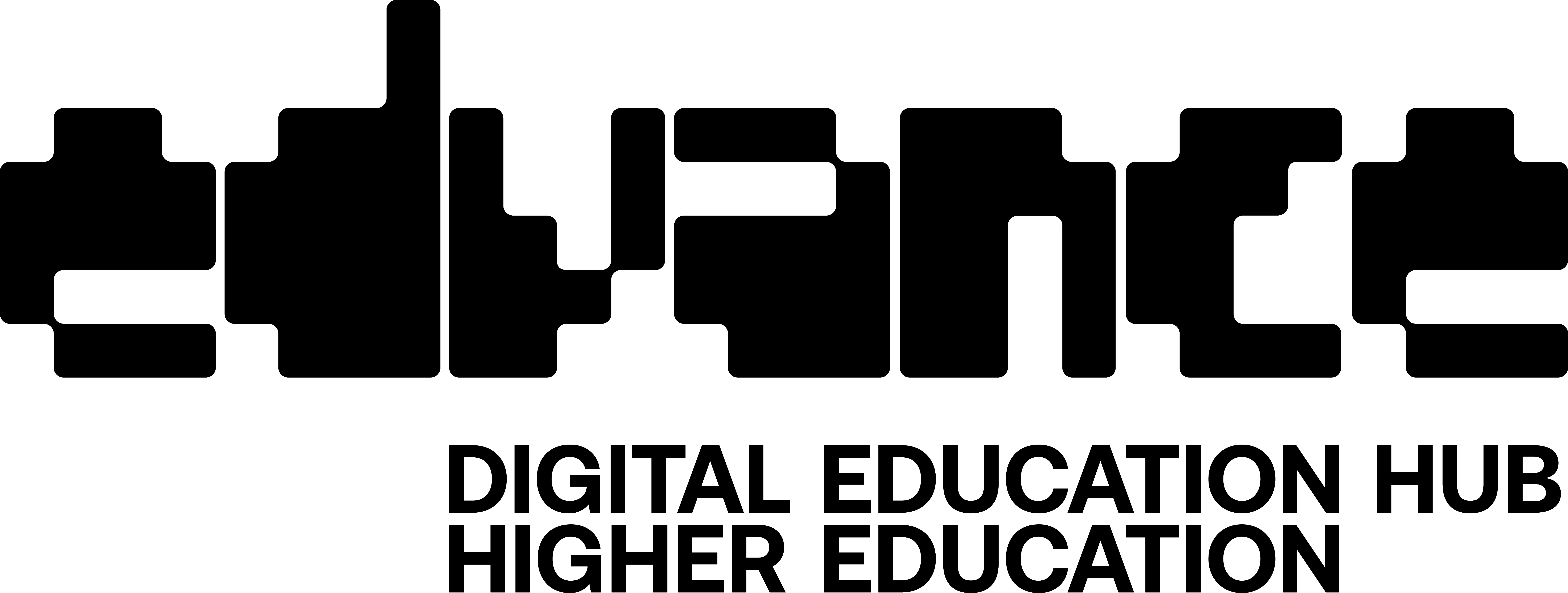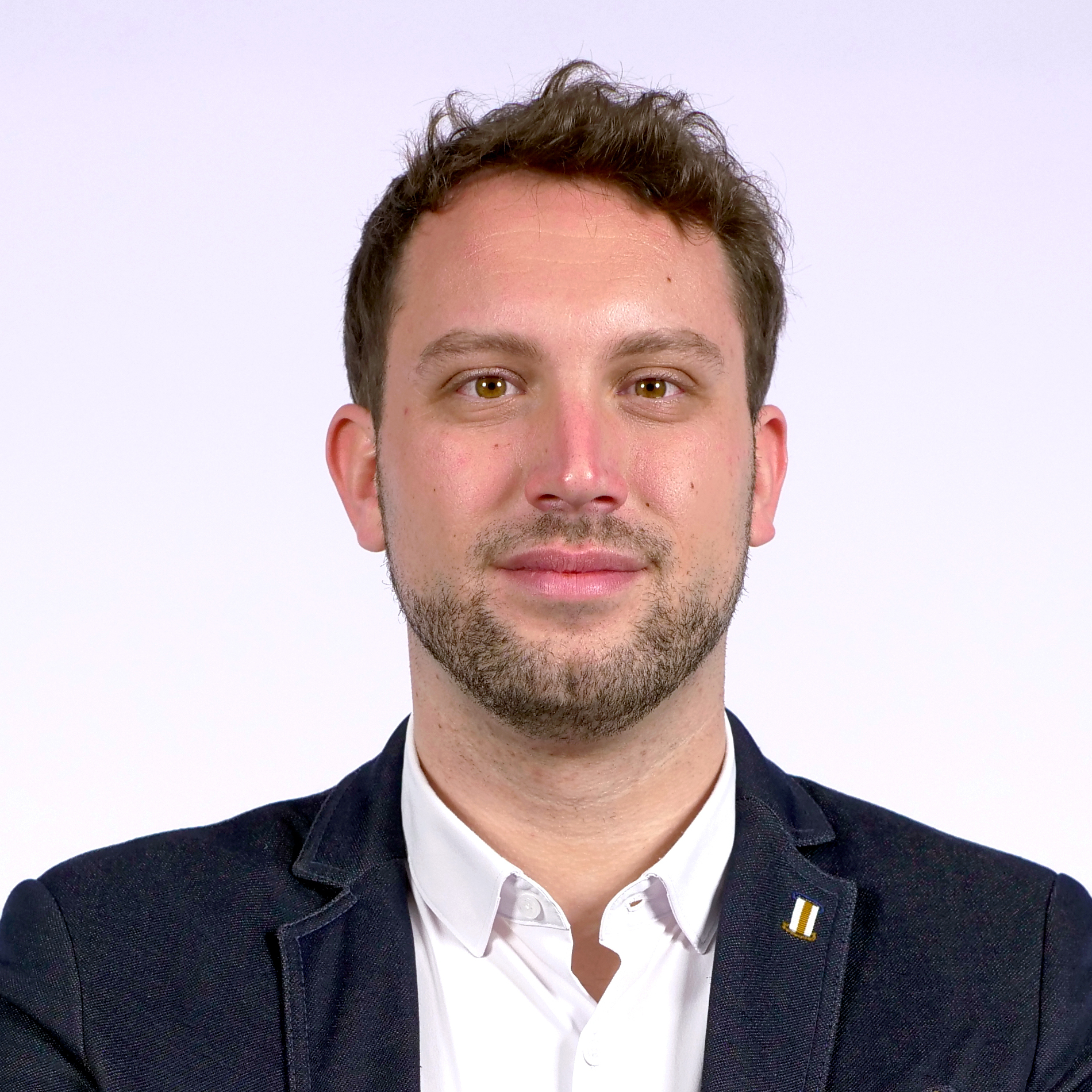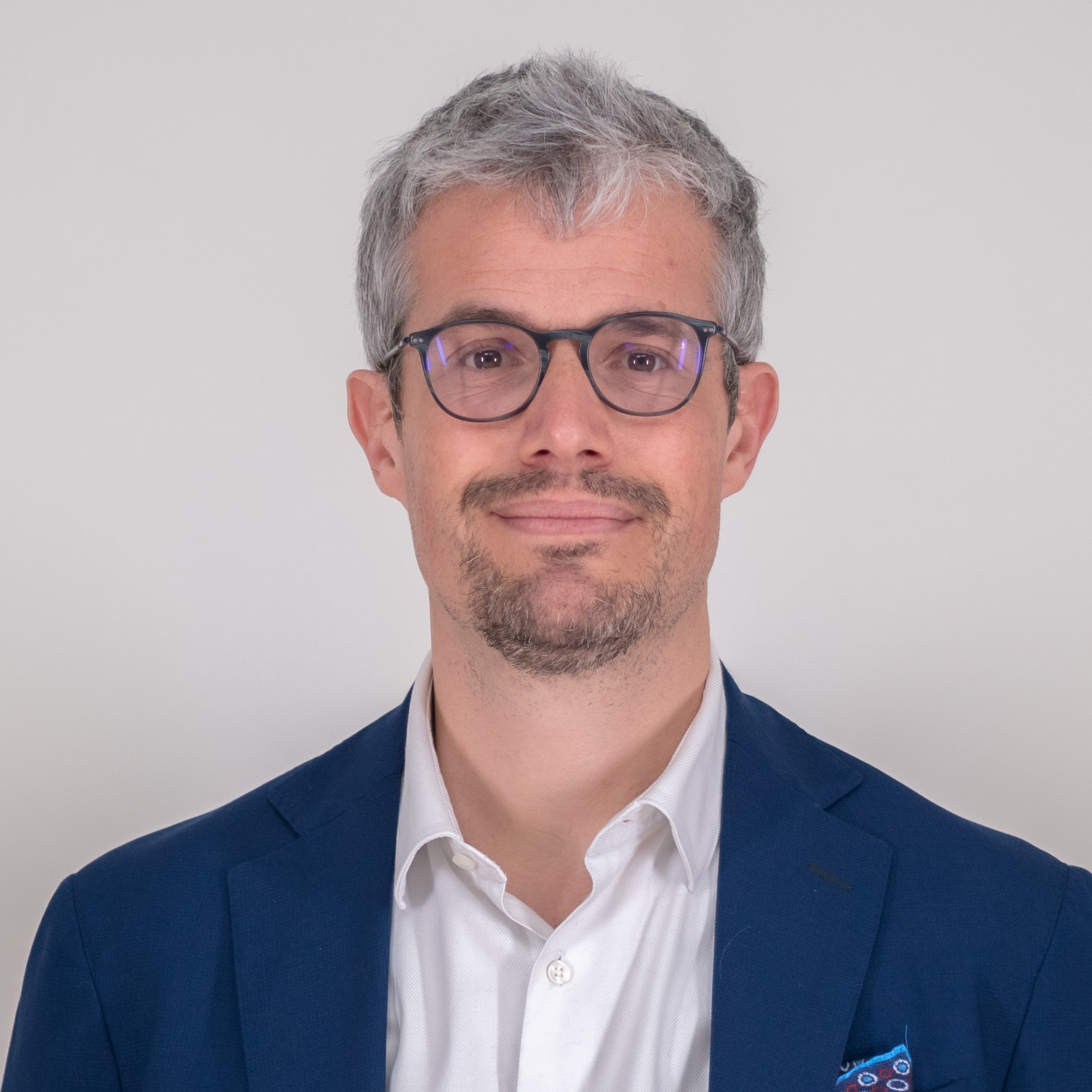Log in and enrol
Platform Thinking for the Metaverse
Platform Thinking for the Metaverse
Get ready to manage future disruptive technologies, like the Metaverse and the ones to come, by thinking through platform models.
Platform Thinking series
This a four-MOOCs series on Platform Thinking, the first “Platform Thinking: What’s beyond Uber” aims to set the baselines of what platforms are and how they work, the second – “Platform Thinking: designing a platform” - deals with the creation and launch of platform, the third - “Platform Thinking: exploiting data through platforms” – explores the role of big data in the platform world and the fourth - “Platform Thinking for the Metaverse” - provides some insight for managing future disruptive technologies through platform models . These four courses are four independent modules, but this is the order we suggest if you plan to follow all of them.
See the full seriesCourse description
Welcome to "Platform Thinking for the Metaverse," a MOOC designed to introduce you to the concept of platform thinking and its application in the creation and development of virtual worlds, and more broadly on how to deal with new disruptive (digital) technologies..
In this course, we will explore the concept of disruptive technologies and technological cycles and how they have shaped the development of the Metaverse. We will also delve into the concept of mediamorphosis and the role it plays in matching virtual and real worlds. We will examine the technologies behind the Metaverse and the implications for platform models. We will also look back at the history of the Metaverse and consider its future development. Finally, we will discuss the importance of adopting a platform thinking mindset as we approach the Metaverse and consider the role of platform providers and complementors. Whether you're a business professional, entrepreneur, or simply interested in the future of virtual worlds, this course will provide valuable insights and knowledge on the role of platform thinking in the Metaverse.
The course is structured into 3 Modules:
- Module 1 – Getting ready for the Metaverse
- Module 2 – The Metaverse
- Module 3 – Platform Thinking for the Metaverse
In the first module we dig into the main technological dynamics to understand how the Metaverse may relate to previous disruptive technologies.
The second module digs with the main characteristics and features of the Metaverse, highlighting the main opportunities and challenges.
The third and final modules make sense of the last business model evolutions linking the disruptive technologies with the platform models, defining Platform Thinking... for the Metaverse!
Total workload of the course: 8 hours
This MOOC is provided by Politecnico di Milano.
This MOOC was produced as part of the Edvance project – Digital Education Hub per la Cultura Digitale Avanzata. The project is funded by the European Union – Next Generation EU, Component 1, Investment 3.4 “Didattica e competenze universitarie avanzate".






Intended Learning Outcomes
By actively participating in this MOOC, you will achieve different intended learning outcomes (ILOs).
- To understand the role digital technologies in enabling platform models
href="https://esco.ec.europa.eu/en/classification/skill?uri=http%3A%2F%2Fdata.europa.eu%2Fesco%2Fisced-f%2F061" >ESCO: information and communication technologies (icts) - To assess the various strategies to cope with technological evolution
ESCO: monitor technology trends - To analyze previous technological cycles to learn from them and get ready to react to the future
ESCO: interpret current data - To assess innovation opportunities, through platforms, driven by technological evolution
ESCO: seek innovation in current practicesESCO: innovate in ICT
Prerequisites
No prerequisite knowledge is required for this course.
Activities
Over and above consulting the content, in the form of videos and other web-based resources, you will have the opportunity to discuss course topics and to share ideas with your peers in the Forum of this MOOC.
Assessment
Your final grade for the course will be based on the results of your answers to the assessed quizzes. You have an unlimited number of attempts at each quiz, but you must wait 15 minutes before you can try again. You will have successfully completed the course if you score a total of 60% (or higher) in each of the assessed quizzes.
The maximum score possible for each quiz is given at the beginning of the quiz. You can view your score in the quiz on your last attempt or on the 'Grades' page.
Certificate
You can achieve a certificate in the form of an Open Badge for this course, if you obtain, at least, 60% of the total score in the graded quizzes and by filling in the final survey.
Once you have completed the required tasks, you will be able to access ‘Get the Open Badge’ and start issuing the badge. Instructions on how to access the badge will be sent to your e-mail address.
The Badge does not confer any academic credit, grade or degree.
Information about fees and access to materials
You can access the course completely online and absolutely free of charge.
Course faculty

Daniel Trabucchi
Teacher
Daniel Trabucchi is Assistant Professor at the School of Management, Politecnico di Milano, where he also serves as a senior researcher in the LEADIN’Lab, the Laboratory for LEAdership, Design and INnovation. He works on Innovation Management, he teaches and studies the fields of Platform Thinking, Agile Project Management and the Human side of Innovation (with a strong focus on engagement within the research platform IDeaLs). He co-founded Symplatform, the symposium on digital platforms that aims to foster a constructive discussions among scholars and practitioners.

Tommaso Buganza
Teacher
Tommaso Buganza is Associate Professor of Leadership and Innovation at the School of Management of Politecnico di Milano where he also is co-founder of LEADIN'Lab, the Laboratory for Leadership, Design and Innovation. He is a lecturer in Innovation Management and Project Management, responsible for the Project Management Academy and coordinator of the innovation and training area at MIP (Politecnico di Milano Graduate School of Business). He is scientific director of IDeaLs the global research platform of Politecnico di Milano that pioneers new ways to engage people to make innovation happen with companies. He co-founded Symplatform, the symposium on digital platforms that aims to foster a constructive discussions among scholars and practitioners.
Contact details
If you have any enquiries about the course or if you need technical assistance please contact pok@polimi.it. For further information, see FAQ page.